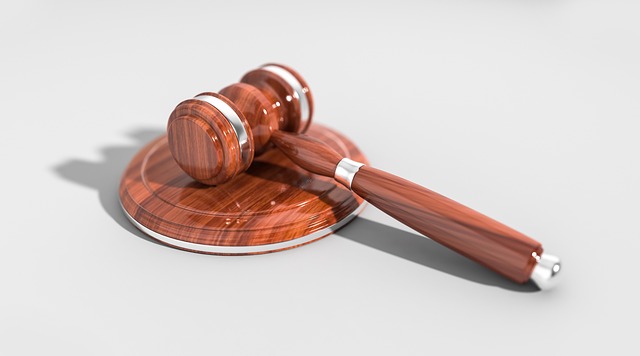Injury arbitration provides an alternative, less adversarial route to resolving personal injury disputes compared to court. It's a legally binding process, dependent on voluntary consent, with clear scope, rules, and transparency. Awards hold legal weight, offering robust rights and remedies like monetary damages, specific performance, and injunctive relief. Specialized lawyers guide claimants, especially in insurance-related cases where arbitration is favored for cost-effectiveness. This swift approach covers auto accidents, medical malpractice, and elder abuse, fostering fairness and justice within the injury arbitration framework.
Injury arbitration serves as a swift and private alternative to traditional litigation for resolving personal injury claims. To comprehend its legal validity, it’s crucial to explore the elements that constitute a legally binding agreement. This article delves into the intricacies of injury arbitration, focusing on the essential components ensuring its enforceability. We’ll dissect the process from understanding the framework to enforcing awards, empowering individuals with knowledge about their rights and remedies in this emerging legal landscape.
- Understanding Injury Arbitration: A Legal Framework
- Elements of a Legally Binding Injury Arbitration Agreement
- Enforcing Arbitral Awards: Rights and Remedies
Understanding Injury Arbitration: A Legal Framework

Injury arbitration is a process where parties involved in a dispute, often stemming from personal injuries, agree to resolve the matter through an arbitrator rather than going to court. This alternative method of dispute resolution offers a more streamlined and potentially less adversarial approach to reaching a settlement. The legal framework surrounding injury arbitration is designed to ensure fairness, confidentiality, and efficiency.
Arbitration agreements are typically included in contracts, such as employment contracts or insurance policies, where one or both parties consent to arbitrate any future disputes. When an injury occurs and the affected individual decides to pursue compensation, they may need to engage the services of an accident lawyer who specializes in arbitration. This is especially relevant in cases involving insurance disputes, where insurers often prefer arbitration as a cost-effective way to manage claims.
Elements of a Legally Binding Injury Arbitration Agreement

For an injury arbitration agreement to be legally binding, certain essential elements must be present. Firstly, both parties involved in the dispute – often this includes individuals and businesses – must voluntarily agree to submit their claims to arbitration instead of pursuing them through traditional litigation. This consent is crucial; any coercion or lack of understanding could render the agreement invalid.
The agreement should clearly outline the scope of disputes covered, ensuring transparency and avoiding ambiguity. Additionally, it must include specific rules governing the arbitration process, such as the type of arbitrator, procedures for selecting one, and the law that will be applied during the hearing – a factor particularly relevant when dealing with auto accident lawyer cases or slip and fall injuries. The presence of these elements fortifies the legal bindingness of the agreement, ensuring fairness and finality in resolving injury-related conflicts outside of court.
Enforcing Arbitral Awards: Rights and Remedies

Injury arbitration awards carry legal weight due to the robust rights and remedies they offer to aggrieved parties. Once a decision is reached through the arbitration process, it’s akin to a binding court judgment. This means that both parties are obligated to abide by the award, which can be enforced through various means. For individuals seeking redress for auto accident injuries, medical malpractice, or even cases of elder abuse, arbitration offers a swift and potentially less adversarial route to compensation compared to traditional litigation.
The enforcement of these awards provides a range of remedies. These include the ability to collect monetary damages, specific performance (requiring one party to perform a particular act), or injunctive relief (preventing future harm). The arbitral tribunal may also order one party to pay the other’s legal costs and expenses incurred during the arbitration process. This comprehensive approach ensures that the interests of the injured party are protected, fostering a sense of fairness and justice within the injury arbitration framework.
Injury arbitration, as a streamlined and private dispute resolution method, gains its legal binding power from well-defined agreements and specific procedural elements. By carefully considering and fulfilling these requirements, parties can ensure that their arbitration agreements are legally enforceable, providing a swift and effective solution to personal injury claims. Understanding the crucial components outlined in this article is essential for both individuals and businesses seeking to protect their interests through injury arbitration.






